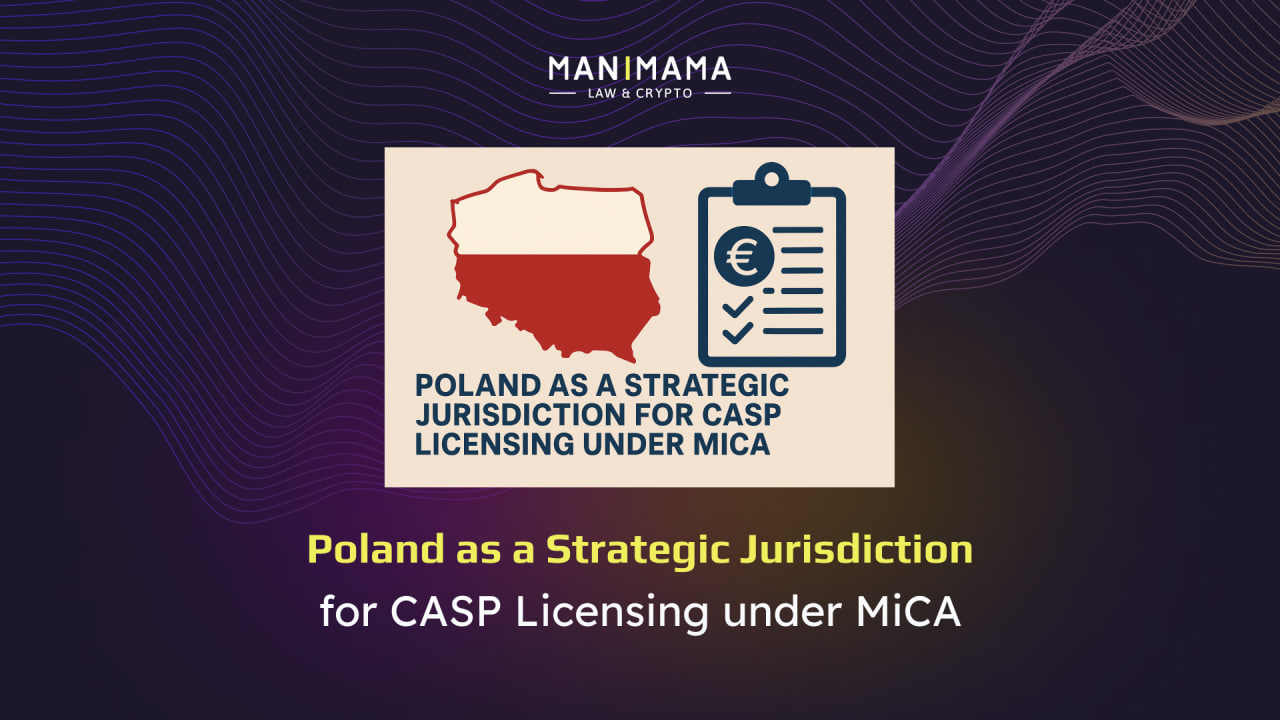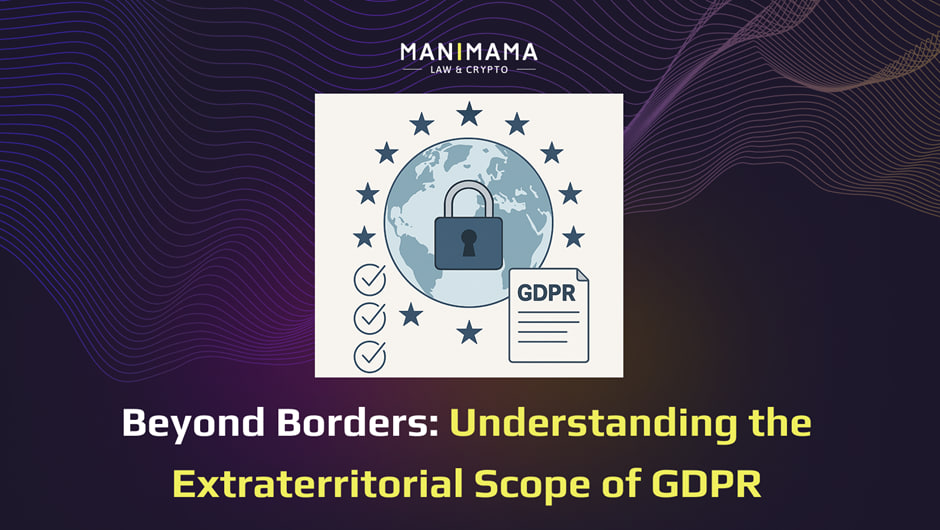Germany does not have an established legal framework particularly for digital currencies and assets yet, instead, general financial regulatory rules apply.
This article will discuss how different types of tokens are brought within the purview of banking, financial services, capital markets and anti money laundering and other related laws. It will further analyze recent legislative clarifications introduced on applications of these laws for virtual assets business.
Amended KWG
Amended German Banking Act (“KWG”) became effective as of January 2020 that covered the definition of crypto assets applicable to the financial market. Specifically, according to section 1 Paragraph 11 of KWG, crypto-assets are ‘digital representations of a value that is neither issued nor guaranteed by a central bank or public entity and does not enjoy the status of a currency or money, but is accepted by natural or legal persons, as agreed or customarily, as a means of exchange or payment, or for investment purposes, and that can be transferred, stored or traded electronically’. While under this article, e-money and certain monetary values within the meaning of the German Payment Services Supervision Act (ZAG) are expressly excluded from the ambit. To be more precise, cryptocurrencies cannot be classified as e-money under ZAG, because there are no issuers who issue them based on a claim against themselves. Moreover, a recent amendment also includes the notion of security tokens, mentioning them as “investment purposes”, thus qualifying them into financial instruments pursuant to section 1, Paragraph 11 of KWG.
Another latest amendments to KWG which came into force as of July 2021, namely section 1 Paragraph 1a s. 2 No. 8, that has brought the maintenance of a crypto security register within the regulative framework of financial services. Crypto security registers enable the issuance of electronic securities generated by producing a register entry into such a crypto security register as per Section 2 Paragraph 1 of law on introduction of electronic securities (hereinafter: – “eWpG”).
Regulatory approach
Main regulatory body responsible for oversight over digitals assets and traditional fiat banking industry is the Federal Financial Supervisory Authority (Bundesanstalt für Finanzdienstleistungsaufsicht – hereinafter: – “BaFin”). BaFin places an emphasis on a reasonable approach when clarifying the application of laws on crypto assets, with the purpose of eliminating risks to achieve financial balance without suppressing innovation.
BaFin classifies virtual currency as a unit of account under section 1 (11) sentence 1 no. 7 of German Banking Act, (Kreditwesengesetz – hereinafter: – “KWG”), in the form of a financial instrument equivalent to foreing exchange, but is not treated as a legal tender. Tokens designed to function as exchange or payment are covered as units of account according to section 1 (11) sentence 1 no. 7 of the KWG. The German regulator uses case by case analysis when determining the legal type of virtual token on the basis of its functional design, although BaFin categorizes virtual assets mainly into three: crypto-currencies, utility tokens and security tokens.
Cryptocurrencies, also known as – virtual currency or payment token, fall within the scope of the German Banking Act (“KWG”), and considered to be financial instruments, thus subject to section 1 (11) sentence 1 of the KWG.
The regulatory regime for utility tokens is a bit ambiguous and is not regulated as financial instruments. BaFin claims that simply naming a certain virtual digital asset a “utility token” is not sufficient criteria to determine the legal nature of the token. It is deemed that these tokens’ function related nature – exempts from the application of capital market laws, as these tokens are not investments, nor securities. However, acquisition of utility tokens is still protected under consumer protection laws.
Security tokens are regulated under banking laws and frequently viewed as securities, which conveys the application of capital market and investments laws and prospectus requirements. According to law on introduction of Electronic securities (Gesetz zur Einführung von elektronischen Wertpapieren (eWpG) from June 9, 2021, securities can now be issued in electronic form, thus subject to registration of the in specialized registry, as per section 2, paragraph 1 of eWpG. Pursuant to German law, electronic securities shall have the same legal effect, similar to other traditional securities.(section 2, paragraph 2 of eWpG).
Meanwhile, security tokens are not treated to be securities under Law on the safekeeping and acquisition of securities (Depotgesetz –“DepotG”), hence providing custody and management of securities are not covered within the scope of section 1 (1) sentence 2 no. 5 of the KWG. On the other hand, security tokens fall within the purview of EU Prospectus Regulation and Directive 2014/65/EU (MiFID II), and are subject to securities prospectus requirements, on condition that they are transferable, tradeable and endowed the same rights to the securities, as BaFin highlights that terminology alone is not a decisive factor. Moreover, electronic security issuers must publish a security information sheet, or so called mini prospectus under section 4 Paragraph (3a) eWpG.
Custodians into regulated activity
Changes have also been introduced which made the businesses of virtual assets custody and e-wallet providers a regulated activity. With the introduction of the offense of crypto custody business in Section 1 Paragraph 1a Clause 2 No. 6 of KWG, and defined as:
‘Safekeeping, administration or safeguarding of crypto-assets or private cryptographic keys used to hold, store or transfer crypto-assets and the safeguarding of private cryptographic keys used to hold, store or transfer crypto securities for others.’
Broadly defined wallet providers in the context of financial services in KWG went beyond the definition of Fifth Anti-Money Laundering Directive (EU) 2018/843, as part of the reform, custody and administration services also extended to the crypto-assets’ conception. Thus, according to amended rules, crypto-assets custody service providers are subject to licensing requirements, in accordance with the KWG and the “Law to Implement the Amending Directive to the Fourth EU Money Laundering Directive” adopted by the Federal Council in 2019.
Since crypto assets are now categorized as financial instruments, anti money laundering (hereinafter: “AML”) obligations apply to entities engaged in virtual currencies, specifically to crypto exchanges and wallet providers. From January 2020, any entities working at crypto custody business were obliged to apply for a license with BaFin and meet authorization requirements for crypto custody business. Applicants will need to prove that they have minimum capital in the amount of EUR 125,000 and the business crypto custody business is managed by the reliable and qualified director. Moreover, the service providers must ensure that they have proper business organization in relation to IT strategy and security.
Further AML rules
As part of the implication of EU regulation 2015/847 (money transfer regulation), Germany has also introduced a Crypto Asset Transfer Ordinance which came into force from October 1, 2021. The ordinance is intended to impose stronger customer due diligence obligations on crypto asset transfers carried out by virtual asset service providers to prevent money laundering and counterfeit terrorist financing.
Besides, being a member of FATF (Financial Action Task Force), Germany complies with strict risk based approach policies, inter alia, enhanced due diligence and know your customer requirements. In line with that, on 14th of June, the federal government announced an updated hearing on the draft bills that binds crypto asset service providers to enforce travel rules, specifically to establish a minimum threshold for declaring the information on parties to a cryptocurrency transaction over a USD/EUR 1000.
Recent regulatory changes
Germany is slowly, but surely legitimizing the usage of crypto assets. The Federal Council passed the Fund Location Act, which became effective from July 2021, to enable domestic special funds (open-ended domestic special AIFs with fixed investment terms) to allocate up to 20% of their assets portfolio under management in crypto assets. The government has adapted to the existing limits of the German Capital Investment Code (KAGB), which provides an avoidance of over-allocation of funds in specific classes of asset. 20% allowance in virtual asset allocation is expected to foster Germany’s position as a financial investment center.
Concluding remarks
The government highlights the necessity of case-by-case analysis and technology neutral methods when determining the legal nature of various digital assets, and swiftly moving to legitimating their usage. Regulatory updates however do not stick to definition standards and are becoming more open to new technological asset classes, in order not to stifle innovation. However, the financial industry is still in the initial stage of integration of crypto investments, along with contemporary issues over infrastructure and experience. While legitimizing digital ledger technologies will lead to potential business models for financial institutions in the token economy. Thus, an extensive and transparent regulatory approach will promote trust so investors can make informed decisions.
The content of this article is intended to provide a general guide to the subject matter, not be considered as a legal consultation.
photo source











